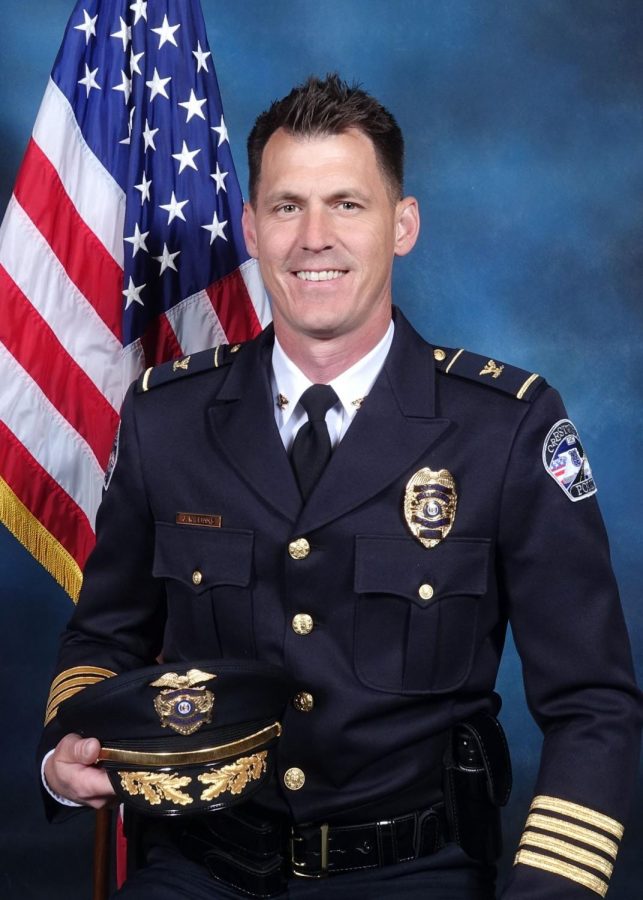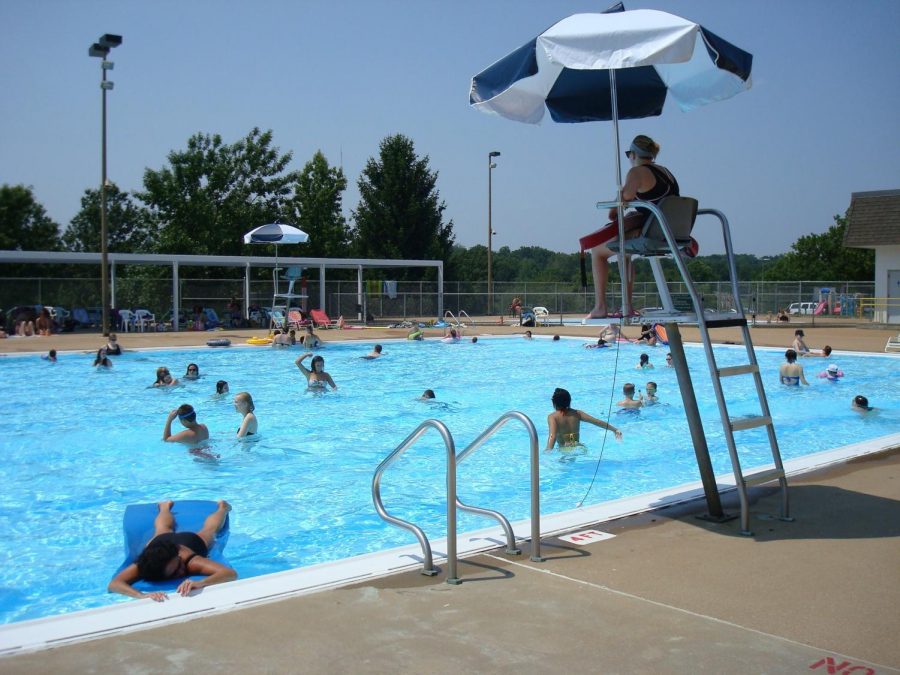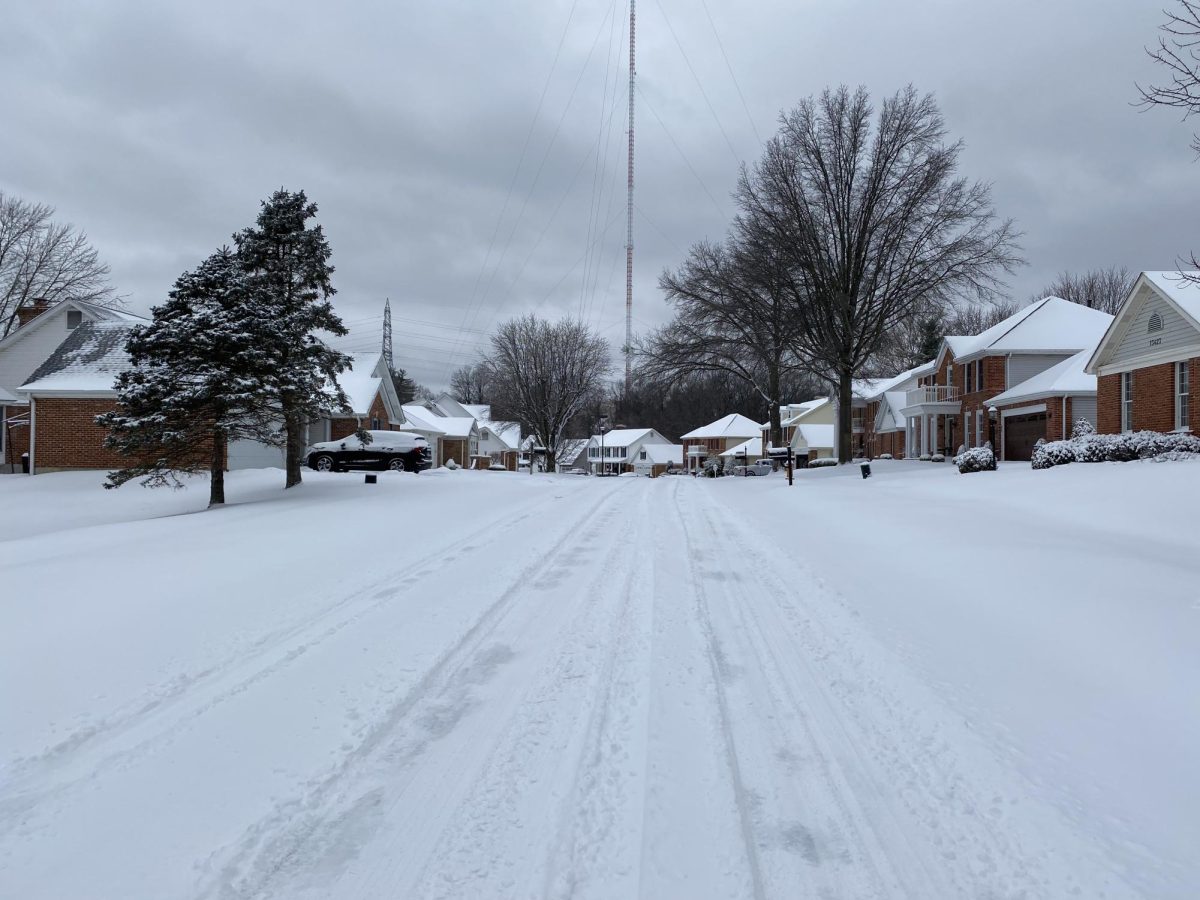The Mehlville Board of Education will craft a letter to the state’s education employee pension agency stating its support of a plan to cap the amount of money school districts and employees contribute to the retirement system.
Board members agreed last week to write the letter to the Public School and Education Employee Retirement Systems after discussing a plan recently endorsed by the Missouri School Boards’ Association.
The proposal would establish an across-the-board 2-percent annual cost of living adjustment to retirees regardless of the inflation rate unless the inflation rate exceeded 5 percent, in which case the adjustment would be 5 percent as required by law.
The plan would freeze the amount employees contribute from their salary to the retirement system at the current rate of 14.5 percent for PSRS members — certified teachers — and 6.86 percent for PEERS members — non-certified employees. School districts match those contributions.
PSRS/PEERS contribution rates for 2010-2011 were 14 percent and 6.4 percent, respectively. The current ceiling is 15 percent unless increased by the state Legislature.
The proposal would maintain the current benefit structure for retirees, active PSRS/PEERS members and new hires. Over time, PSRS/PEERS officials believe the plan could significantly improve the funded status of the retirement system.
As of June 30, 2010, PSRS could fund 77.7 percent of its liabilities and PEERS could fund 79.1 percent. PSRS had roughly $8.3 billion in unfunded liabilities at the time.
The plan will go to the PSRS/PEERS Board of Trustees for a vote on Aug. 29.
Mehlville board Vice President Larry Felton, who also serves on the MSBA board, said the MSBA board thought the plan “was a pretty good idea because it helps arrest some of the cost of what we have to contribute, at least as a first phase to solve the problem.”
“They’ve still got the issue of long-term viability,” Felton told the school board at its annual retreat Saturday. “If they’re going to have to structure it two different ways or structure it one way. It’s the same thing that Social Security and every other major fund has to look at.
“This only solves the contribution piece. It doesn’t deal with the other issues of rate-of-return (on investments) and benefits.”
PSRS/PEERS benefits are legally guaranteed and cannot be reduced once promised.
A “Tier II” option that would include reduced benefits for new hires and an increase in the age of retirement eligibility has gained little support, PEERS/PSRS Executive Director Steve Yoakum told the MSBA board, as stated on the MSBA website. In addition, legislation establishing a defined-contribution system for new teachers has stalled in the General Assembly during previous legislative sessions.
Chief Financial Officer Noel Knobloch contended it’s unlikely the contribution rate could remain unchanged and the system remain solvent. He noted that the PSRS rate has been projected to climb as high as 19 percent.
“If they want to get to a higher funded status, which is now below 80 (percent) and they don’t get the returns in the market, which after what’s happened the last couple weeks, they just took a step backward,” Knobloch said. “I’ll guarantee you it’s not going to stay at 14.5 or 15 percent. They’ve already projected it’ll go to 19.”
Board member Rich Franz asked Knobloch if “there has to be a resolution to this issue …”
“If it goes up a half a point a year, which it has for the last three or four years and we would keep our salaries exactly the same, it costs us a quarter of a million dollars every year,” Knobloch said. “So it’s obviously one of those things that right now you have no control over. You just get the notice from PSRS that this is what you have to contribute. Teachers are paying the same thing; it’s not like it’s just us. But if that keeps going up a half a point a year, in six years you’re going to be paying a million and a half dollars more than you’re paying today for that same level of salaries.
“… What would happen is if they don’t raise the 15 percent any higher and they don’t get their 8 percent (assumed return on investment) and they don’t change anything, what’s going to happen is that it’s going to become less and less funded, and then you have to be concerned about the longevity of it …”
Franz later said, “… I’d like to propose that the board consider a letter to the PSRS, a proclamation if you will, that we would support … a legislative, a legal cap, on the contribution at 15 percent and point out that there’s already an unfunded liability in the PSRS … and that it’s unfair to our taxpayers to expect them to continue to fund an open-ended benefit to our teachers, keeping in mind that the teachers certainly deserve a pension plan. It’s unfair for the taxpayers to be expected to fund that in an open-ended basis, based on what the Legislature decides.”
Board President Venki Palamand said while he didn’t disagree with the idea of capping the contribution rate, he believed the idea was unrealistic.
“The contribution levels are going to have to go up if they have to maintain what’s mandated in the state Constitution, which is: promises made must be promises kept …,” Palamand said. “I wish the PSRS deduction, the deduction part from the teachers was a lot lower. It’d be great if it were 10 percent instead of closer to 15. But I think from actuarial standpoint it’s not going to work …”
Franz said, “Let’s think about sending the letter for a couple other reasons. First of all, it lets our folks in the district know that we’re aware of the problem. And it also educates the folks in the district about where the real problem is: it’s not with us. It goes back to that issue of transparency and what the folks out there think about how we’re spending their money.
“This directly addresses the issue of the majority of our budget we have no control over, and that’s one of the things that a lot of the folks out there don’t know,” Franz added.
Secretary Elaine Powers agreed to draft the letter, and the board will consider its approval at an upcoming meeting.








